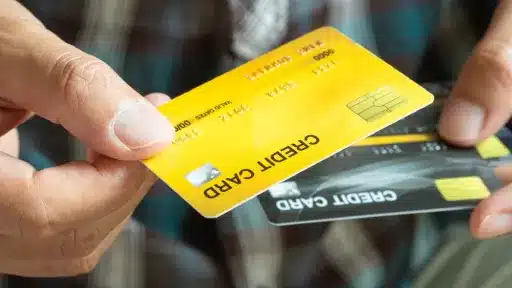In today’s financial landscape, knowing “what is my credit score” is more crucial than ever. Your credit score can open doors to opportunities or close them shut, affecting everything from buying a home to getting a credit card with favorable terms. Understanding your credit score empowers you to make smarter financial decisions and take control of your economic future.
What Is My Credit Score? An Overview
Your credit score is a three-digit number that represents your creditworthiness—the likelihood that you will repay borrowed money on time. It is used by lenders, landlords, and even some employers to assess your financial trustworthiness. Usually, credit scores range between 300 and 850, with higher numbers indicating better credit health.
How Is My Credit Score Calculated?
Credit scores are calculated based on various factors found in your credit report. The most widely used credit scoring model is the FICO score, which considers five main components:
- Payment History (35%) – Timeliness of your past payments is the most important factor.
- Amounts Owed (30%) – The balance you carry compared to your available credit.
- Length of Credit History (15%) – How long you have had credit accounts open.
- New Credit (10%) – Recent inquiries and newly opened accounts.
- Credit Mix (10%) – The variety of credit types you have, such as credit cards, mortgages, or auto loans.
Why Does “What Is My Credit Score” Matter?
When you search for “what is my credit score,” you seek to know something that profoundly affects your financial life. A strong credit score can help you:
- Qualify for lower interest rates on loans, saving you thousands.
- Get approved more easily for rental applications or utilities.
- Access better credit card rewards and benefits.
Conversely, a low credit score may result in higher borrowing costs and fewer opportunities.
How to Check “What Is My Credit Score” Safely
Finding out your credit score has become easier with many online platforms offering free or paid access to your credit information. To check your score safely and accurately:
- Visit official consumer websites like AnnualCreditReport.com to get free credit reports annually.
- Use reputable financial services or banks that provide free credit score monitoring.
- Avoid websites or emails asking for sensitive personal information unnecessarily.
Regularly monitoring your credit score lets you spot errors and detect potential identity theft early.
Improving Your Credit Score After Checking “What Is My Credit Score”
Once you know “what is my credit score,” you can take steps to improve it if necessary:
- Pay bills on time: Set up reminders or automatic payments.
- Reduce credit card balances: Aim to use less than 30% of your available credit.
- Avoid opening multiple new accounts at once: Each inquiry can lower your score temporarily.
- Dispute errors: Contact credit bureaus if you find inaccurate information.
- Maintain older credit accounts: Length of credit history improves with time.
Improving your score takes consistency, but the payoff is worth it for better financial options.
Common Myths About “What Is My Credit Score” Debunked
Understanding your credit score is essential, but many myths surround it:
- Checking your own score lowers it: Actually, personal inquiries are “soft pulls” and do not affect your score.
- A high income means a high credit score: Income doesn’t directly influence your credit score.
- Closing old accounts will improve your score: Closing accounts may shorten your credit history and negatively impact your score.
Clarifying these facts can help you manage your credit more effectively.
Conclusion
Asking “what is my credit score” is the first step toward financial empowerment. In today’s world, your credit score can influence many aspects of your life and determine how easily you can access credit. By understanding what affects your score and actively managing your finances, you can improve your credit health and unlock better financial opportunities.


